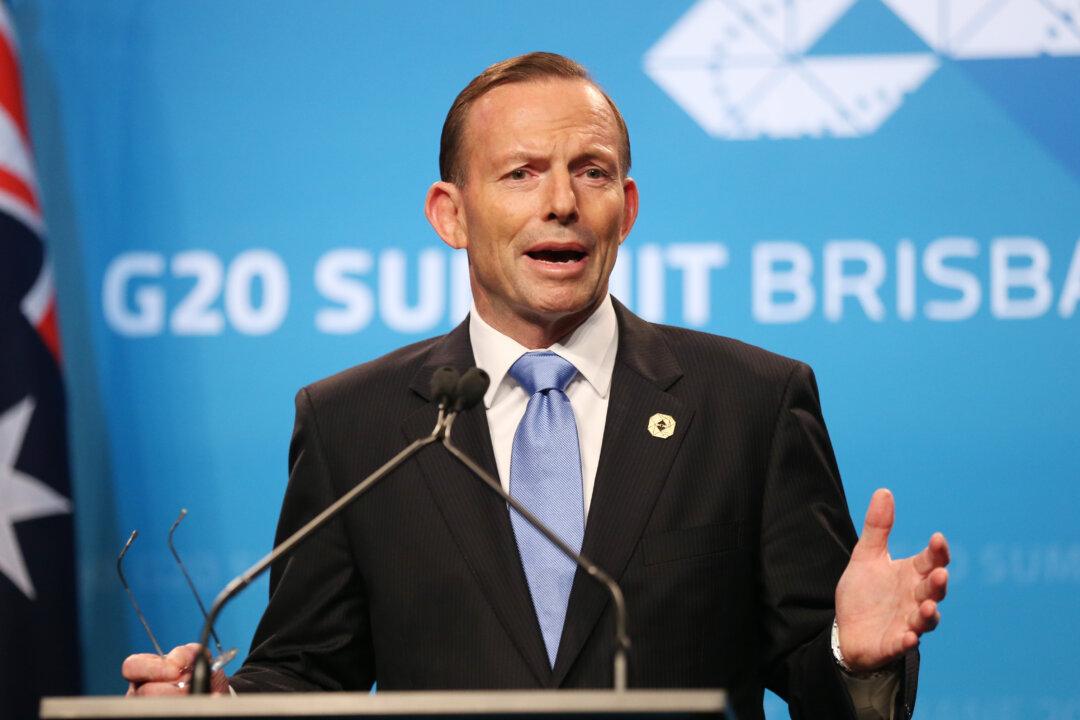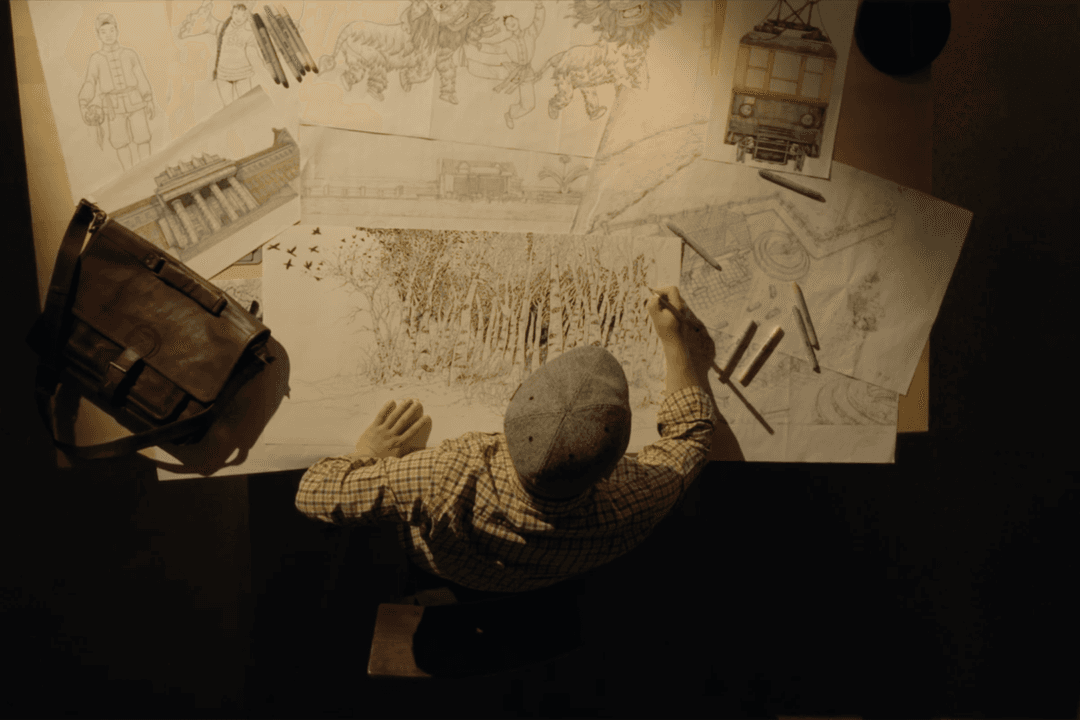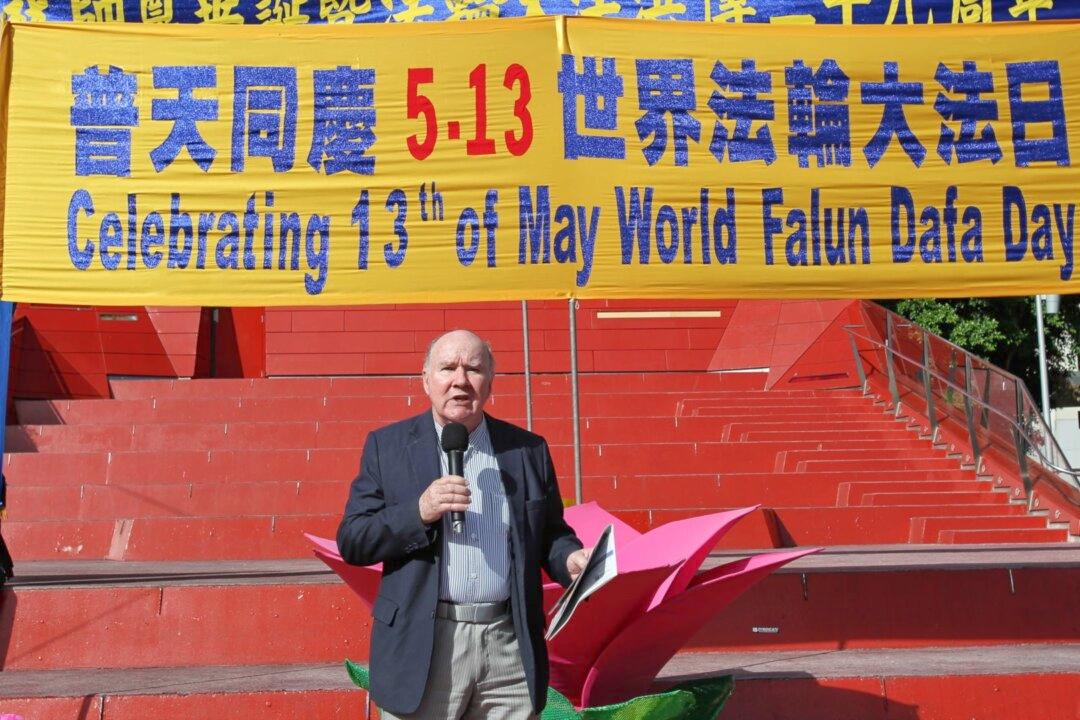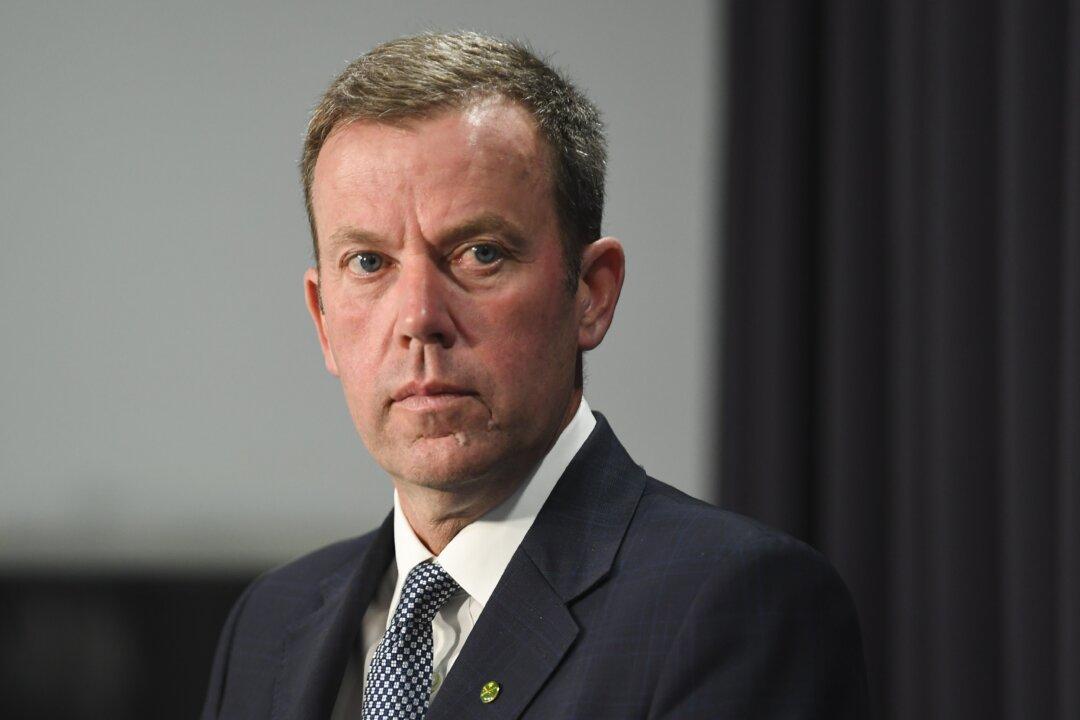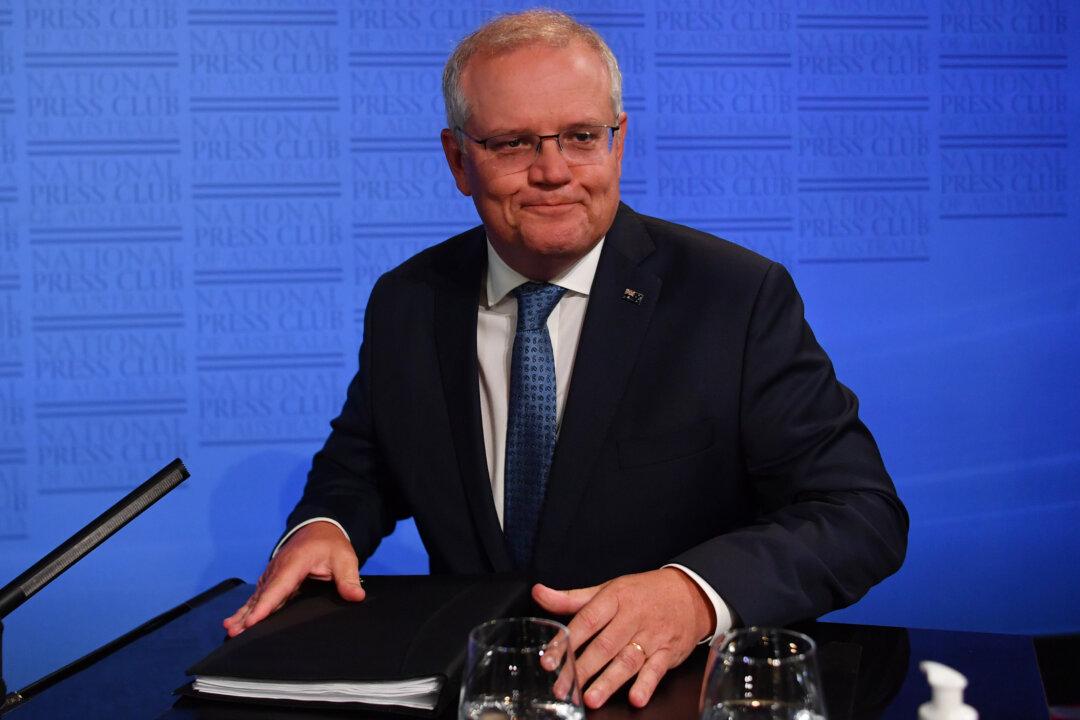Former Australian Prime Minister Tony Abbott has accused the Victorian government of establishing a “health dictatorship” to respond to the CCP virus and said that tough border restrictions by other jurisdictions are economically unsustainable.
Ahead of a visit to the UK parliament house Westminster in London to discuss the UK-Australia cross-border trade agreements, Abbott on Sept. 1 gave a speech for British think-tank Exchange Policy.
